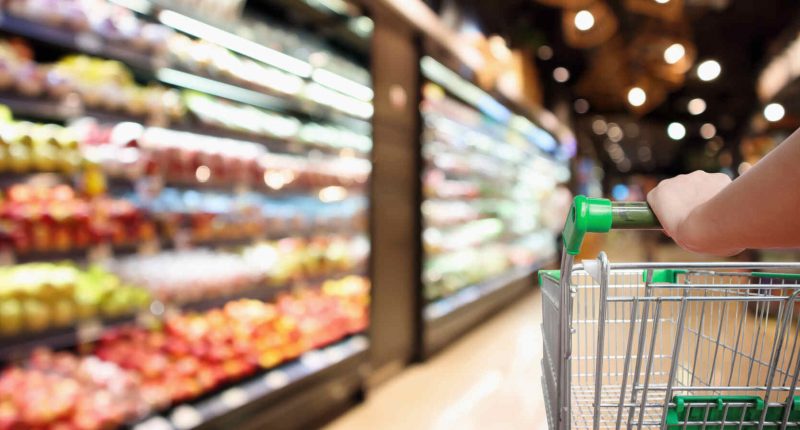Canadian consumers are in dire need of more grocery store options, a report from the Competition Bureau said Tuesday.
Called Canada Needs More Grocery Competition, the 52-page report highlights the need for more grocery store options.
According to the report, Canadians purchase most of their groceries from three of the country’s largest grocery store chains – Loblaws, Sobeys and Metro – which account for roughly C$100 billion in sales and more than $3.6 billion in profits.
The report came as a result of increased inflation in grocery stores in late 2022 and a lack of grocery store alternatives across the country.
Through its investigation, the Competition Bureau examined the current state of the grocery industry as well as the potential for independent grocers, independent grocers and emerging grocers to provide more alternatives.
“As we have witnessed the highest cost-of-living increases seen in a generation, Canadians are recognizing the relationship between a lack of competition and rising prices,” Matthew Boswell, commissioner of the Competition Bureau, said in a statement. “By acting now, governments at all levels can take steps towards creating a more competitive grocery industry. Competition can help lower prices and make life more affordable for Canadians.”
In the report the agency outlined four key recommendations government bodies across the country can take, including:
- A grocery innovation strategy to support new types of grocery businesses and customer choices
- Support from all government levels for the Canadian grocery industry to encourage the growth of independent grocers
- Support from provincial and territorial governments for accessible unit pricing
- Governments limiting property controls in the grocery industry
“Governments “at all levels need to take steps to encourage and support more grocery competition in Canada,” the report reads.
Grocery prices continue rising
Last November, Statistics Canada issued a report stating that since late 2021, price increases in grocery stores grew more than 10 per cent in August, September and October.
Notably, in September 2022 yearly price increases for food bought in stores rose 11.4 per cent and rose at the fastest pace in over 40 years.
The COVID-19 pandemic has particularly impacted food prices, including supply chain disruptions, labour shortages, the change in consumer spending patterns, higher input costs and higher wages.
The material provided in this article is for information only and should not be treated as investment advice. For full disclaimer information, please click here.





